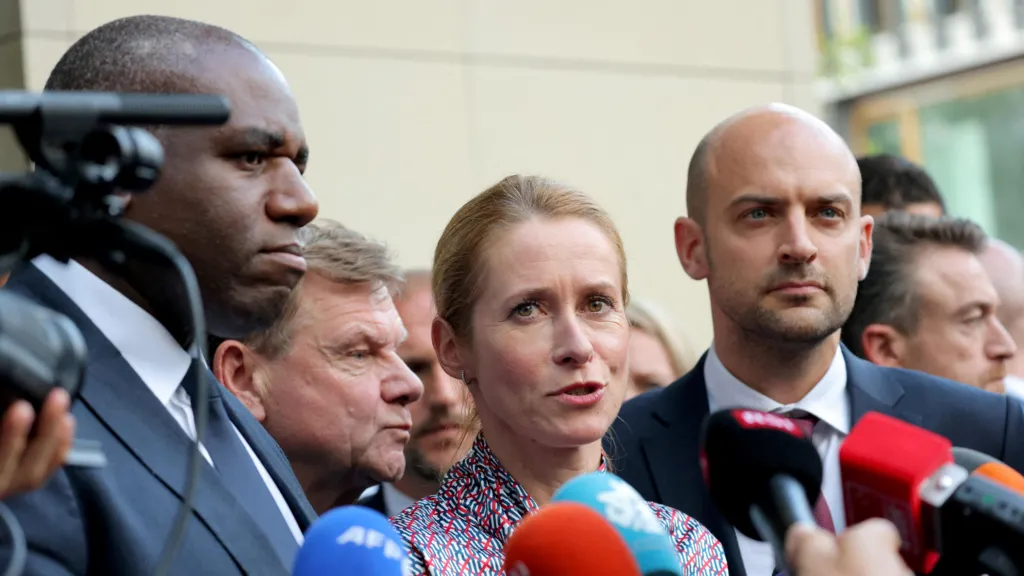The United Kingdom, France and Germany — collectively known as the E3 — have formally warned the United Nations they are prepared to reimpose tough international sanctions on Iran if it fails to return to nuclear negotiations by August 31.
In a joint letter to UN Secretary-General António Guterres, the three foreign ministers — Jean-Noël Barrot (France), David Lammy (UK), and Johann Wadephul (Germany) — said they would activate the “snapback” mechanism, restoring pre-2015 sanctions, unless Tehran agrees to limit its nuclear programme and resume talks.

“If Iran is not willing to reach a diplomatic solution before the end of August, or does not seize the opportunity of an extension, the E3 are prepared to trigger the snapback mechanism,” the ministers warned.
They added that all diplomatic tools would be used to prevent Iran from developing a nuclear weapon — an accusation Tehran has consistently denied.

Iran Threatens to Abandon Nuclear Deal
The warning came after Iranian lawmaker Manouchehr Mottaki told the state-run Defa Press agency that parliament was ready to withdraw entirely from the 2015 nuclear agreement if new sanctions were imposed.
Iran insists it will only return to the table if existing sanctions are lifted and its right to a civilian nuclear programme is recognised.
The E3 says it offered to extend the deadline for talks, but claims Tehran has failed to respond.

Tensions at Boiling Point
The confrontation follows last month’s initial talks in Istanbul, which produced no breakthrough. Relations have further soured amid a series of escalations:
- In May, the UN’s nuclear watchdog, the International Atomic Energy Agency (IAEA), reported Iran had stockpiled over 400kg of uranium enriched to 60% — dangerously close to weapons-grade levels.
- In June, Iran’s parliament suspended cooperation with the IAEA following sharp tensions with Israel and the US.
- The same month, Israel carried out strikes on Iranian nuclear facilities, sparking a 12-day war.
- The US launched airstrikes on multiple Iranian nuclear sites, abruptly ending ongoing US-Iran talks.
In the wake of the attacks, the E3 intensified warnings over Iran’s refusal to cooperate with international inspectors.

From Deal to Deadlock
The 2015 nuclear accord — signed by Iran, the E3, the US, Russia, and China — lifted nuclear-related sanctions in exchange for strict limits on Iran’s uranium enrichment and access for UN inspectors. The deal is set to expire in October.
The agreement unravelled in 2018 when then-US President Donald Trump withdrew, claiming it failed to block Iran’s path to a nuclear bomb, and reimposed sweeping US sanctions. Tehran responded by progressively breaching the accord’s limits.
Neither the UK Foreign Office nor the Iranian mission to the UN has yet responded to fresh requests for comment.




